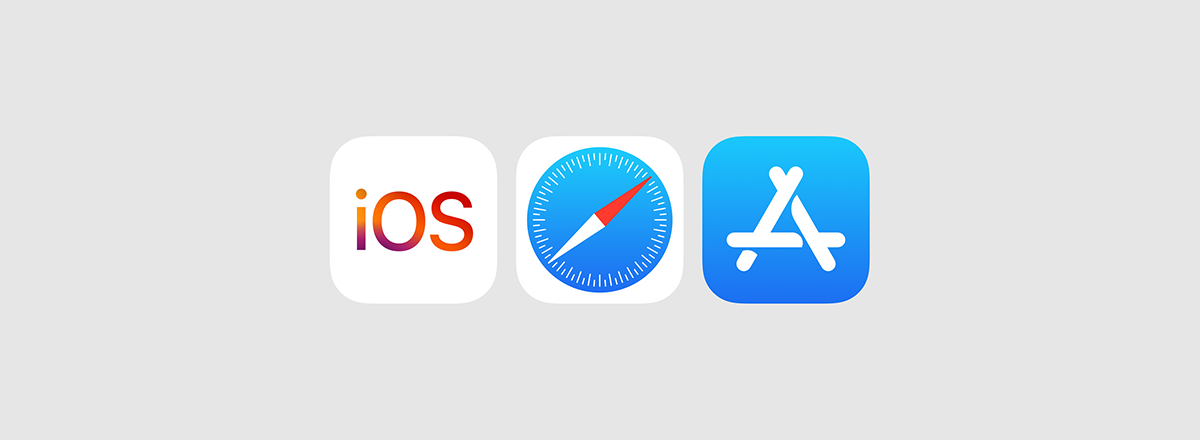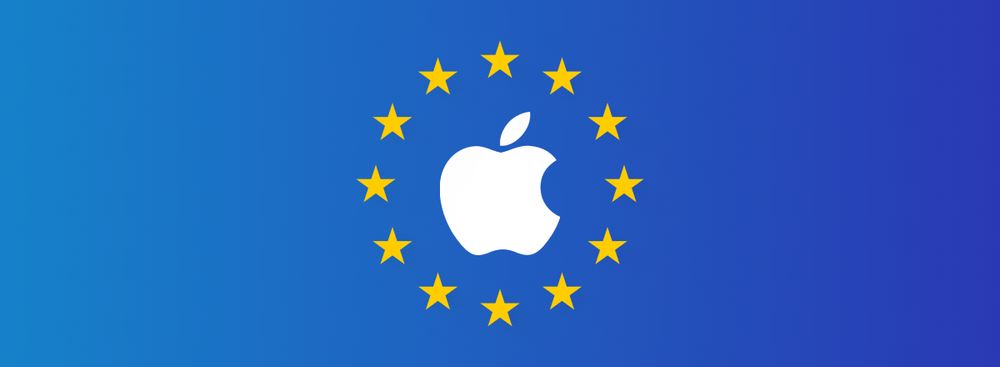Apple has announced that users in the European Union can now download apps directly from developers' websites, bypassing the traditional App Store. This change comes as Apple adapts to the new Digital Markets Act (DMA), aiming to enhance competition and consumer protections in digital markets across the EU.
Previously, Apple had fiercely guarded its App Store exclusivity, funneling all app downloads through its platform. However, under pressure from new EU regulations, Apple is now allowing what is termed "web distribution." This new method will enable developers to offer apps directly to consumers on iOS devices without going through the App Store, although it comes with strict guidelines and a new fee structure.

Starting with the second beta of iOS 17.5, developers can apply for web distribution if they meet several criteria. These include being registered in the EU, having a good standing in the Apple Developer Program for at least two years, and having apps that exceed one million first annual installs. For such high-traffic apps, developers will be subject to a 'core technology fee' of €0.50 for each installation above the one million mark.
The move is seen as a compromise, allowing Apple to maintain a degree of control over the iOS ecosystem while complying with EU regulations. Developers opting for web distribution will still need to meet Apple's notarization standards to ensure their apps do not compromise the security and integrity of the platform.

For users, the process to install web-distributed apps involves setting permissions within their device settings, and they will be greeted with a detailed installation screen that provides comprehensive information about the app.
Critics argue that while this opens new doors for app distribution within the EU, the numerous warnings and permissions might dissuade users from stepping away from the App Store. Moreover, Apple's stringent requirements and the new fee could limit the accessibility of this distribution method to larger developers.














